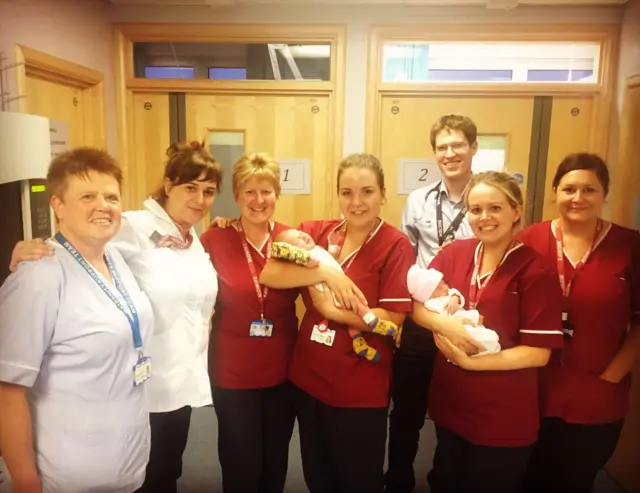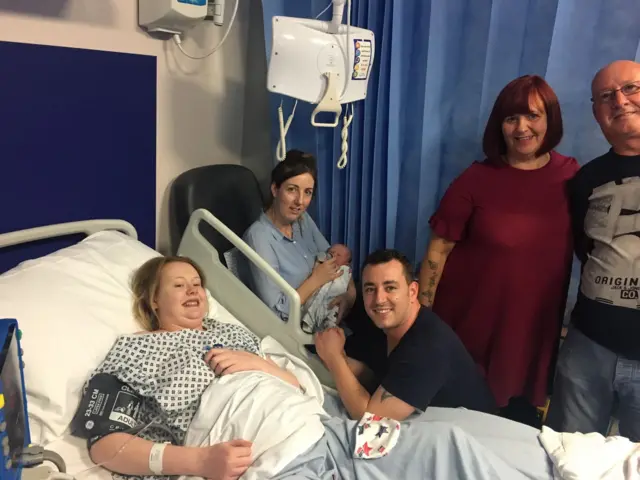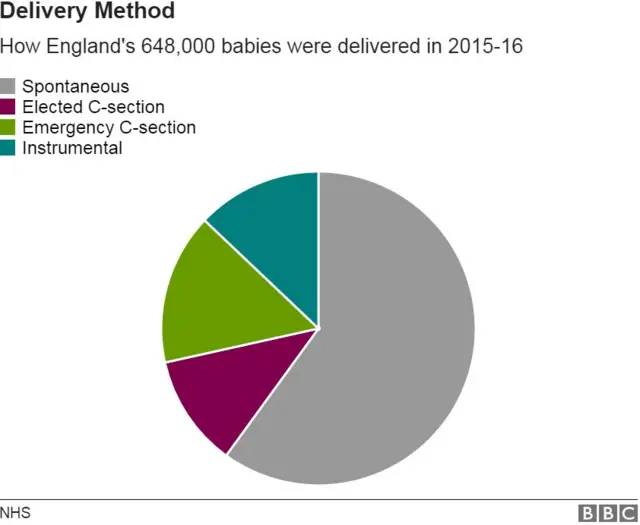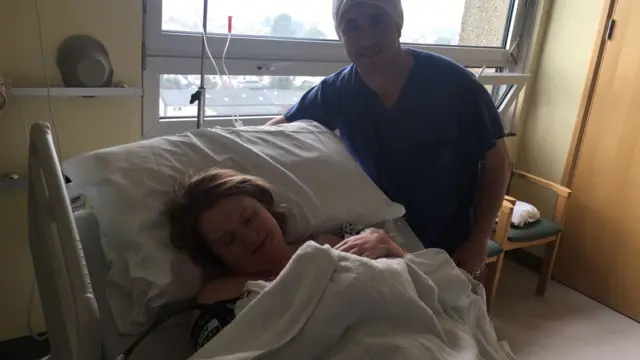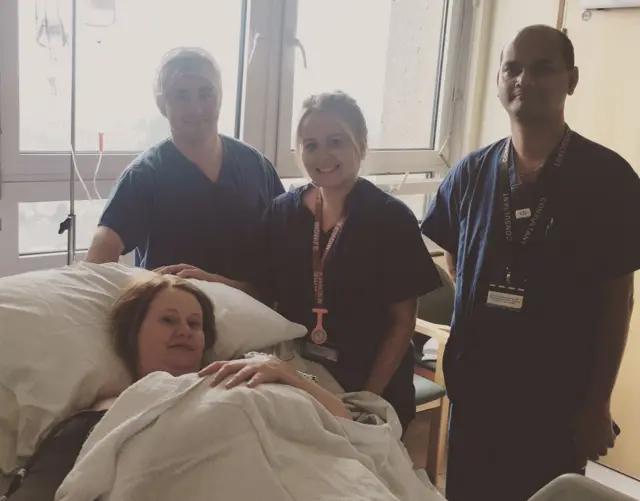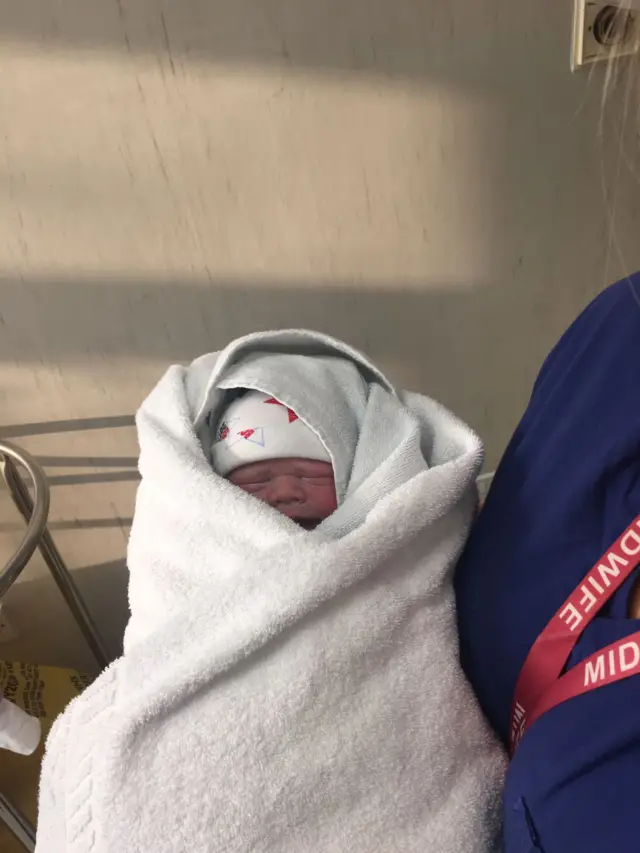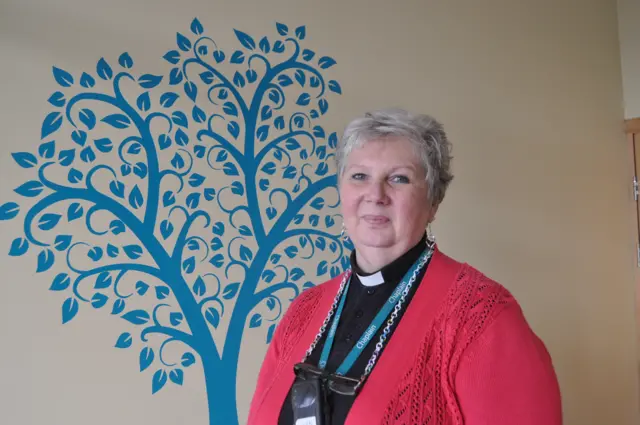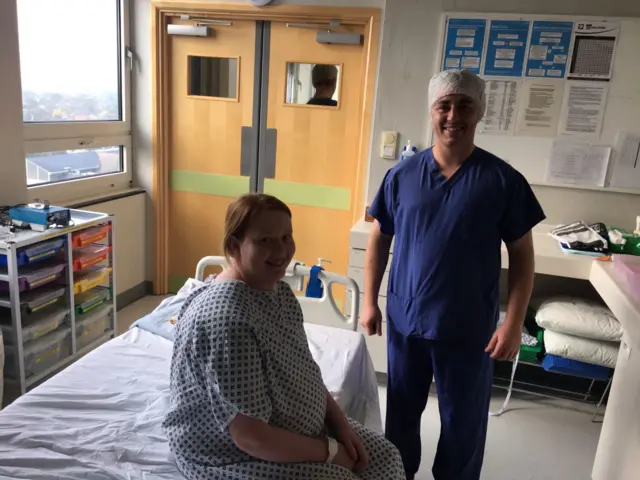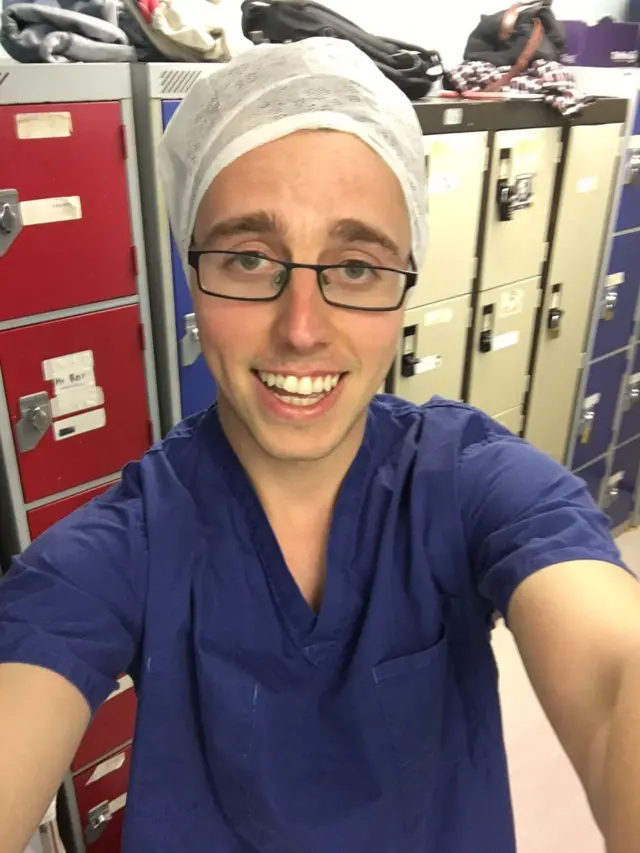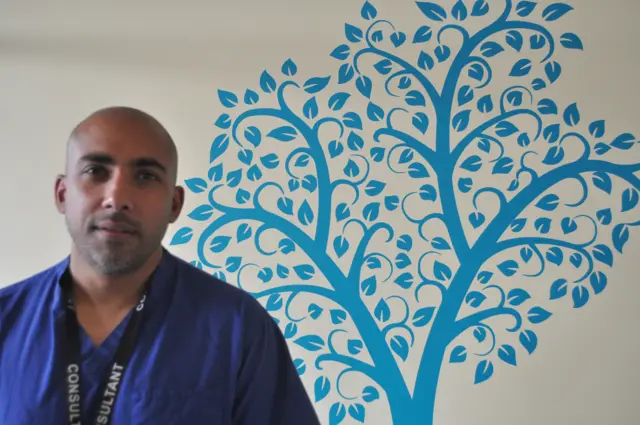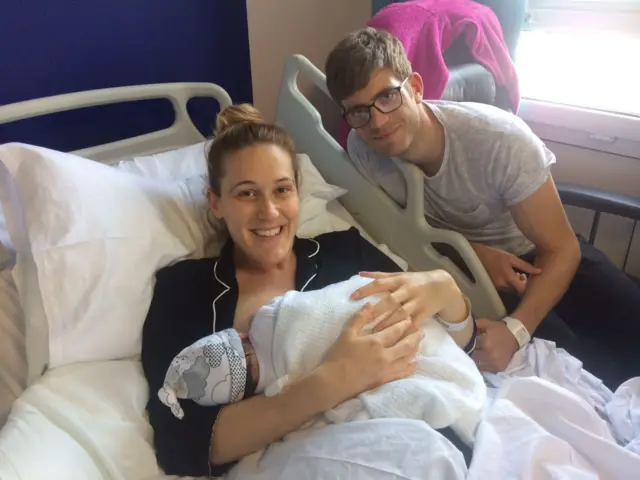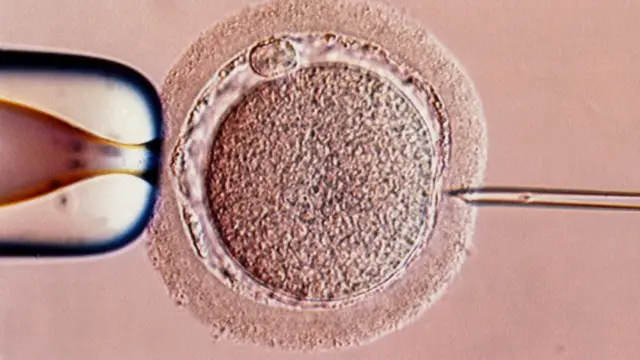My first C-sectionpublished at 19:35 BST 27 September 2017
 Phil Shepka
Phil Shepka
BBC News
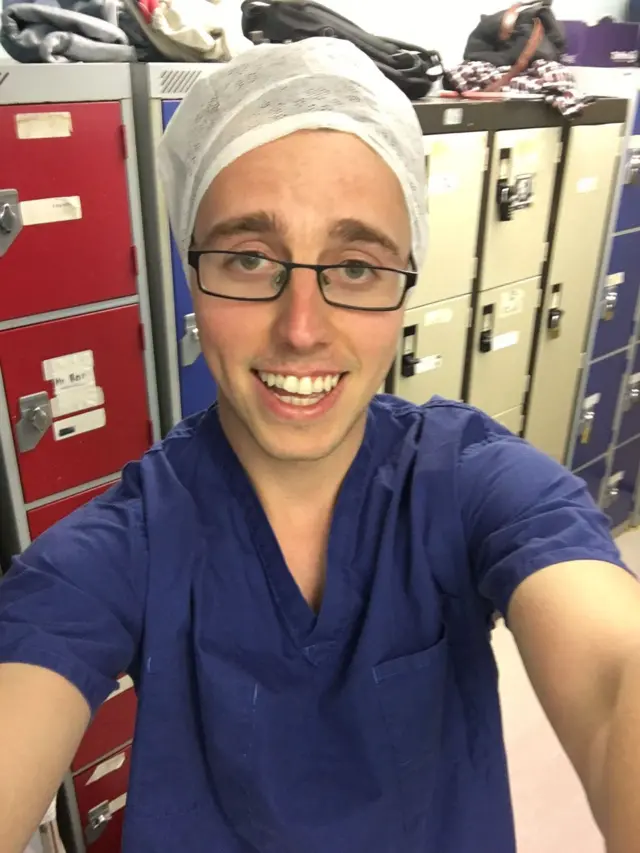
Without wanting to exaggerate too much, that was an experience that I'll not forget in a hurry.
The time between first incision and baby Logan's first cry was gone in a flash.
There was an amazing juxtaposition between the mother and father at the top end, alert and seemingly calm, and everything frantically going on at the other end.
It was a real privilege to be allowed into one of the most intimate moments of a couple's life - just one of the many that have happened in hospitals up and down the country today.
